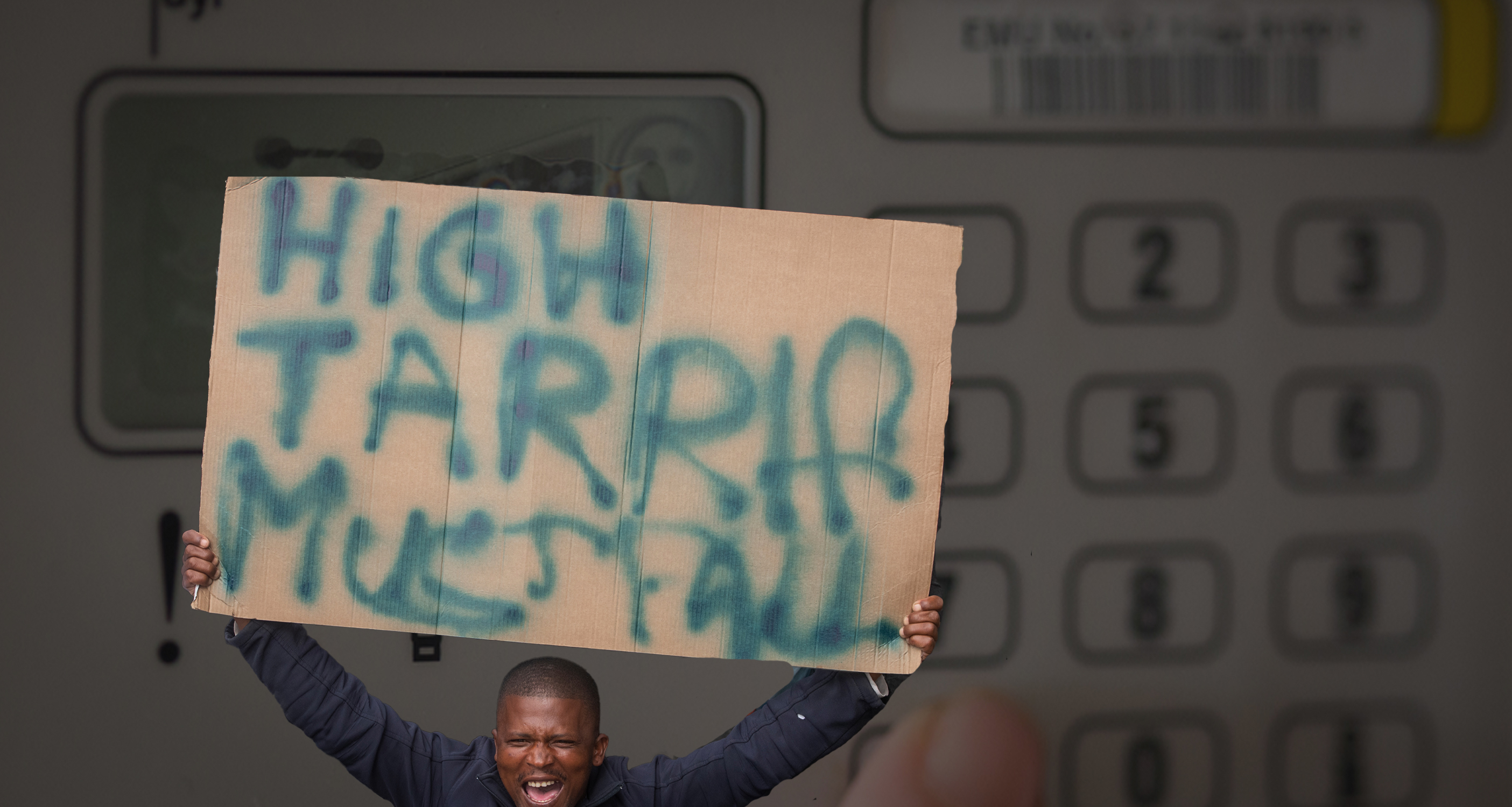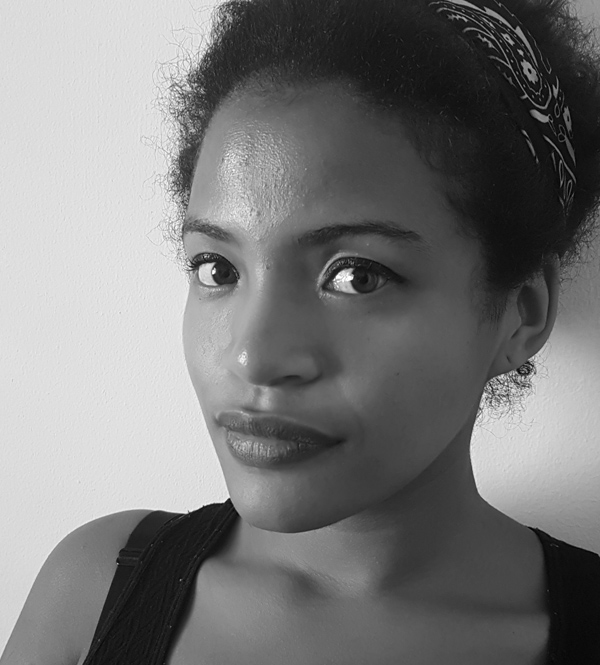With the 2 May 2025 deadline looming for public comment on the City of Cape Town’s draft 2025/2026 Budget, organisations and political parties have added their voices to the “Budget of Hope”.
“For the poor, it’s a budget of hope,” said Sandra Dickson, a member of the Stop Coct, a lobby group that aims to keep accountability around the City’s affairs.
Mayor Geordin Hill-Lewis tabled the draft budget during a dramatic council sitting on Thursday 27 March in which African National Congress (ANC) caucus leader Banele Majingo revealed he had resigned from his party to join the Democratic Alliance.
Read more: Cape Town politics shift: ANC’s Banele Majingo joins DA, foiling no confidence motion
On Friday, Dickson confirmed the lobby group would be attending public hearings and writing submissions around the Budget, which Hill-Lewis described as an “Invested in Hope” Budget.
Dickson told Daily Maverick: “For the poor, it’s a budget of hope,” but for those who did not fall into indigent categories or were working class, it was a budget of despair over increases in levies this year.
At the time, Hill-Lewis said the Budget was so named because at this point, “We are fully invested in building a city of hope for all.”
The Budget, according to Hill-Lewis, was a “tricky balancing act”. The mayor said: “You need to find a balance between the limitations on your sources of funding — in our case, rates, tariffs, grants, borrowing and other revenue we collect — and the necessary investments needed for a fast-growing city like Cape Town, which is about to cross the five million mark to become our country’s most populous city… You also need to find a balance between the many competing priorities in the city, many of which make convincing and competing cases for increased funding.”
The mayor added: “In the case of our city, the biggest balancing act is between our bold plans to build the Cape Town of the future — the city that we know will be able to handle the substantial growth that is headed our way — and the need to shield our most vulnerable residents from the enormous financial pressures that make their daily lives very hard.”
Hill-Lewis then said: “And we remain committed to doing so with the utmost respect and understanding for our ratepayers,who are all experiencing their own pressures in balancing their own household budgets every month.”

Priority spending
Some of the City’s priority spending includes a three-year investment of R16,6-billion allocation around water and sanitation, with the department getting a boost of R5-billion this year.
Other planned spending includes a budget of R6,7-billion for safety and security — including the insourcing of security staff, which would allow teams to assist in cases of attacks on frontline staff who work under pressure due to rising threats of violence and extortion.
On the other hand, there is a downside to all these plans: higher property rates.
Hill-Lewis said: “In the context of all these investments, we hope ratepayers will understand the slightly above-inflation property rates increase of 7.96% to cover the major growth in more policing resources for a safer CapeTown — accounting for a third of every rand paid in property rates — as well as the major infrastructure investments in roads and community amenities.”
Dickson and Stop Coct released their statement to point out some of their concerns around the Budget, including levies.
“The long despised ‘Pipe Levy’ is now replaced by linking property value to the fixed portion of the water tariff. This resulted in a hefty increase for the fixed charge on water consumption for properties valued at more than R1.5-million. This table is simply skewed to nail every household with a property value of more than R1.5-million. Not to mention that the City determines the value of properties,” reads their statement.

Political parties in the council also added their voice to the draft Budget.
Good party councillor Anton Louw said: “This is not a budget invested in hope, it is full of despair and concern for Cape Town residents who are struggling to make ends meet. Cape Town is becoming unaffordable to Capetonians.”
ANC metro regional chairperson Ndithini Tyhido — who will shortly take up a seat in the party’s city caucus — told journalists on Friday that the Budget that was tabled, particularly when it came to the amounts allocated to safety and security (which includes the use of more technology to fight crime), was just for “self-aggrandisement, and not being used to effect a safer Cape Town”. DM





